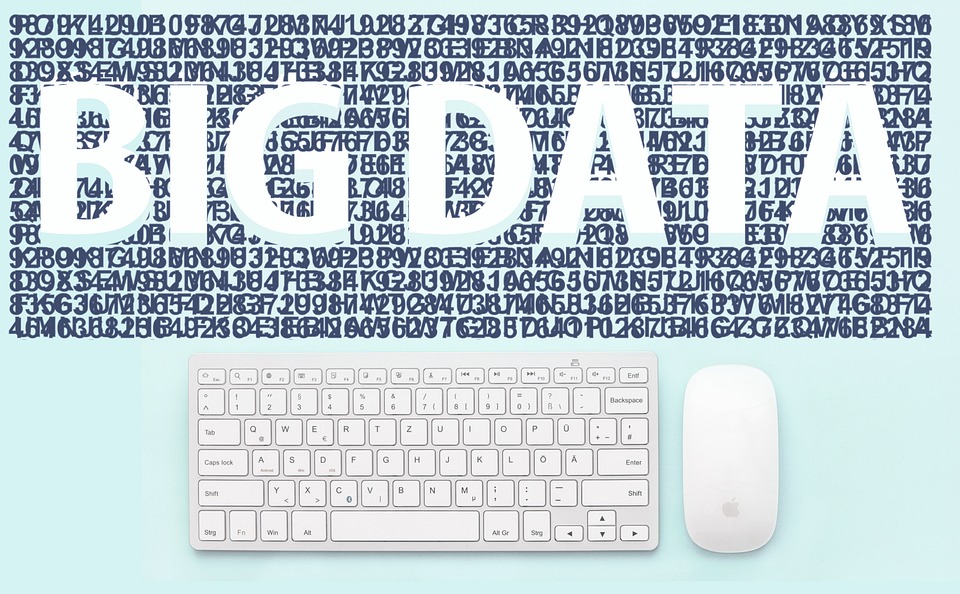
In today’s digital age, the amount of data being generated and collected is growing at an unprecedented rate. From social media posts to online purchases, every action we take online leaves a digital footprint. This massive amount of data, often referred to as “big data,” holds immense potential for businesses and researchers alike. However, along with the promises of innovation and progress, big data analysis also raises significant ethical concerns, particularly when it comes to the balance between privacy and the use of personal information.
The ethical implications of big data analysis stem from the fact that it involves the collection and analysis of massive amounts of personal data. This data can include sensitive information such as financial records, medical history, and even individuals’ online behavior. The sheer amount and detail of this data create privacy concerns as it can be used to create detailed profiles and make accurate predictions about individuals’ preferences, behaviors, and even future actions.
One major ethical concern is the potential for discrimination and bias in big data analysis. Algorithms used in analyzing big data often rely on historical data, which can perpetuate existing biases and inequalities. For example, if a job recruiting algorithm is trained on data from a predominantly male-dominated industry, it may inadvertently favor male candidates, thus perpetuating gender discrimination. This raises questions about fairness and equal opportunities, prompting the need for transparency and accountability in the way algorithms are designed and implemented.
Another ethical concern is the potential for data breaches and misuse of personal information. With the increasing amount of data being collected, the risk of unauthorized access and data breaches also increases. Personal data falling into the wrong hands can lead to identity theft, financial fraud, and other malicious activities. It is crucial for organizations to prioritize data security and take appropriate measures to protect individuals’ privacy.
The ethical implications of big data analysis also extend to issues of informed consent and individual autonomy. Many individuals are unaware of the extent to which their data is being collected and analyzed. Companies often collect data without explicitly informing users or seeking their consent, raising questions about the right to privacy and control over personal information. It is essential for organizations to be transparent about their data collection practices and give individuals the ability to control how their data is used.
Balancing privacy and innovation in the realm of big data analysis is a complex task. While privacy is a fundamental right, innovation and progress are equally important. Big data analysis has the potential to drive advancements in various fields, including healthcare, transportation, and finance. Discovering patterns in large datasets can lead to insights that can improve products and services, enhance decision-making, and benefit society as a whole.
To strike a balance, organizations must adopt ethical practices that respect individual privacy while promoting innovation. This can be achieved by implementing robust data protection measures, anonymizing data whenever possible, and obtaining informed consent from individuals. Additionally, organizations should invest in developing and implementing fair and unbiased algorithms that account for potential biases and discrimination.
Regulatory frameworks and legislation also play a crucial role in ensuring ethical practices in big data analysis. Governments and regulatory bodies must establish clear guidelines and enforceable laws that protect individuals’ privacy while enabling the responsible use of big data. These regulations should require organizations to be transparent about their data collection practices, provide individuals with control over their data, and impose penalties for data breaches and misuse.
In conclusion, the ethical implications of big data analysis are multifaceted and require careful consideration. Privacy and innovation can coexist, but it requires organizations to adopt ethical practices, prioritize data security, and be transparent with individuals about their data collection and usage. By striking the right balance, we can harness the power of big data analysis while ensuring that individuals’ privacy and autonomy are respected and protected.







